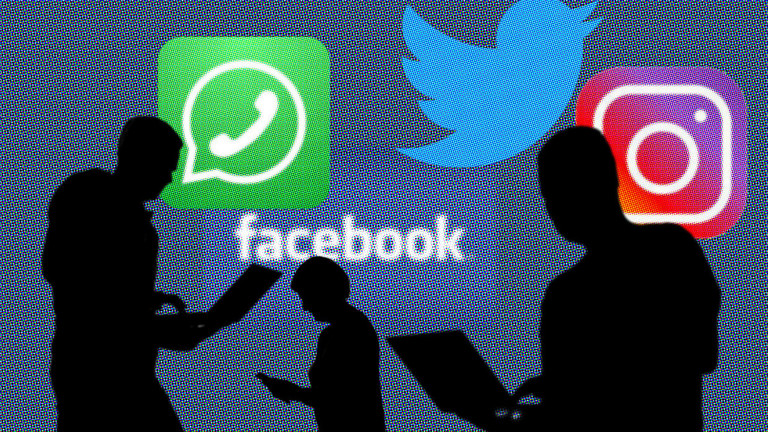
Wikipedia co-founder Larry Sanger is calling for a decentralized internet and a boycott of social media while his own brain child is accused of corporate-like intrusion into the community’s self-governing domain.
Every person using the internet has “unalienable digital rights,” a lengthy document, conspicuously resembling the US Declaration of Independence and published on the Sanger’s website says, defining these freedoms as “free speech, privacy and security.”
The appeal published in late June – just days before Independence Day in the US – states that these rights were unceremoniously violated by the “vast digital empires,” which have been mercilessly exploiting humanity for their own profit. It then goes on to list the “long train of abuses” that ordinary internet users have suffered at the hands of greedy corporations, which includes a wide range of misdeeds – from extracting private data without the explicit consent of the owners, and marketing them to advertisers, to allowing corporate and government surveillance over social media users, and the arbitrary banning of undesired opinions due to political and ideological reasons.
The “declaration” compiled by Sanger – the man who helped start Wikipedia back in 2001 and served as the project’s community leader before leaving it just a year later – eventually calls for people to unite in an effort to snub the exploitative tech giants and create a “decentralized internet” free from corporate control.
The most reliable guarantee of our privacy, security, and free speech is not in the form of any enterprise, organization, or government, but instead in the free agreement among free individuals to use common standards and protocols.
According to Sanger, the new bright future of the internet should be based on strong privacy guarantees, end-to-end encryption, universal technical standards and protocols, and users retaining exclusive control of their personal data and any content they publish on the net.
On a more practical note, the proclamation urges those with the necessary skills to “code, design, and participate in newer and better networks” while calling on the broader public to simply “eschew the older, controlling, and soon to be outmoded networks,” apparently referring to the likes of Facebook and Twitter.

